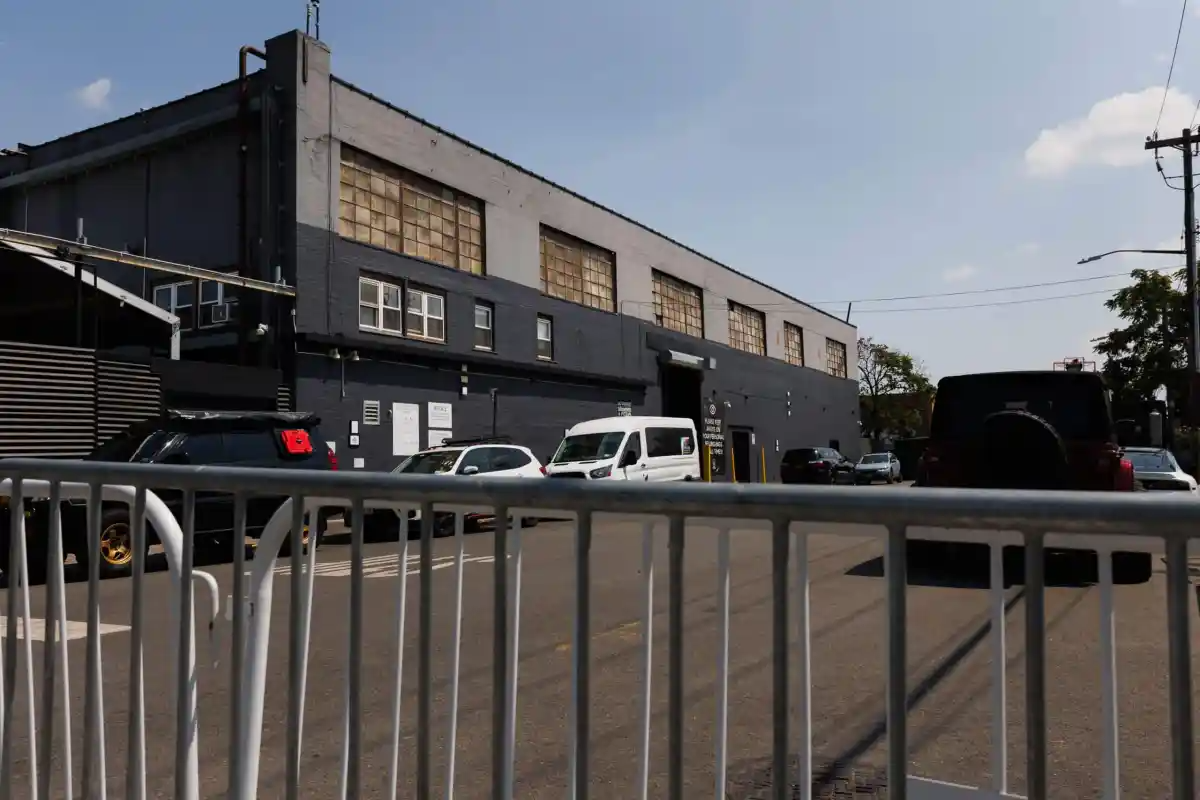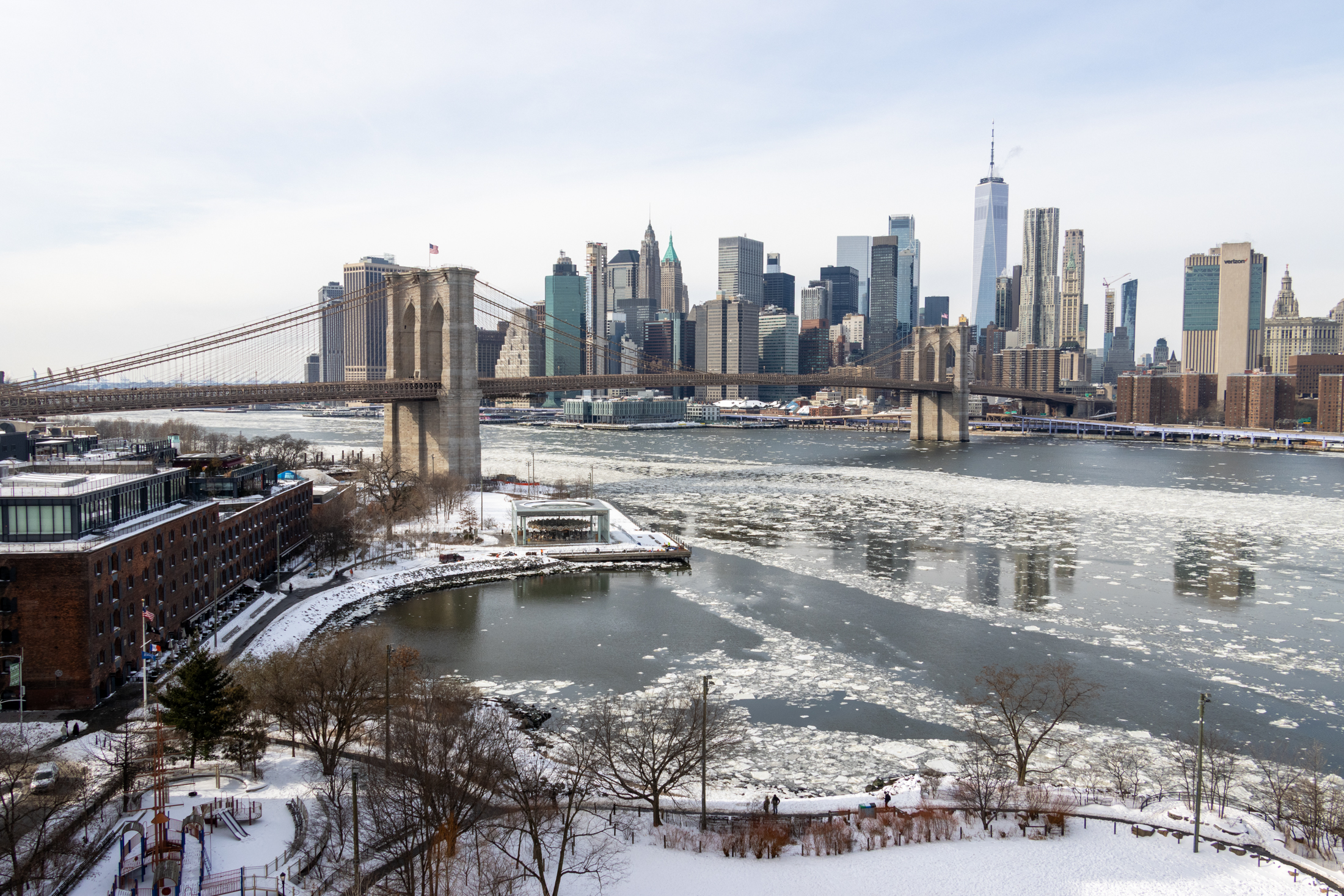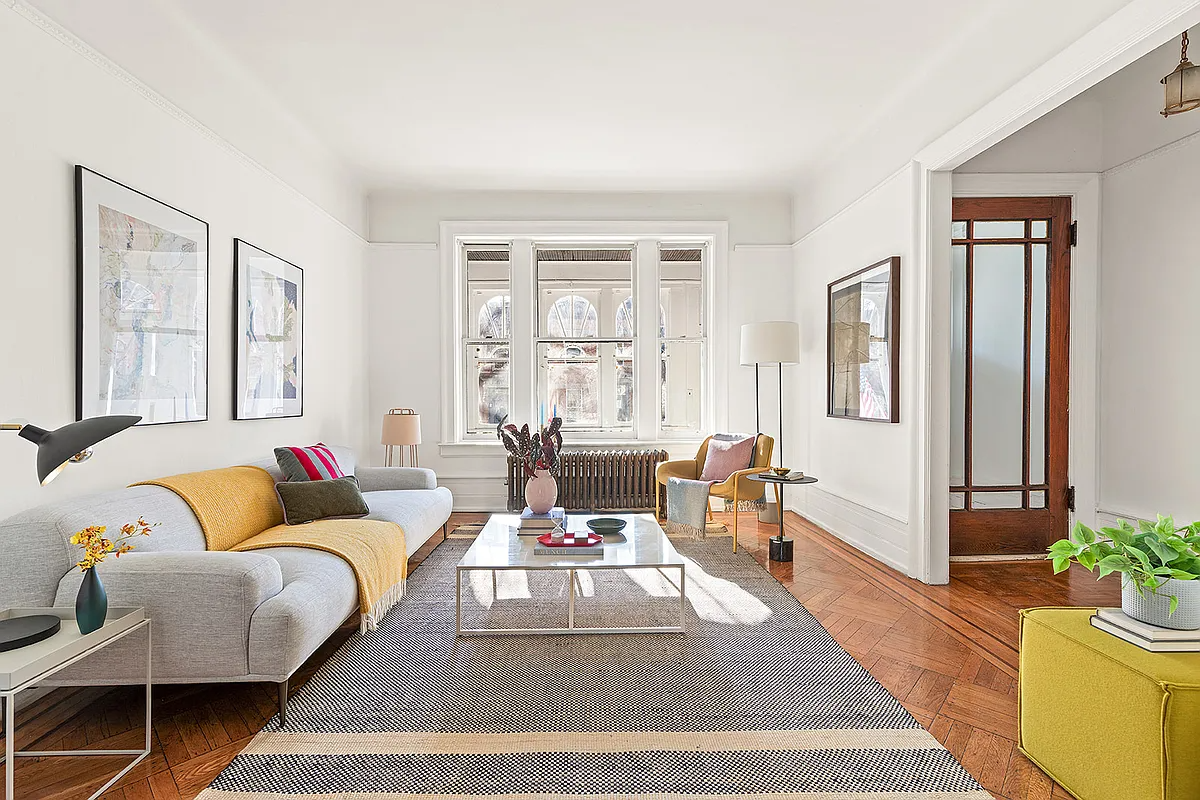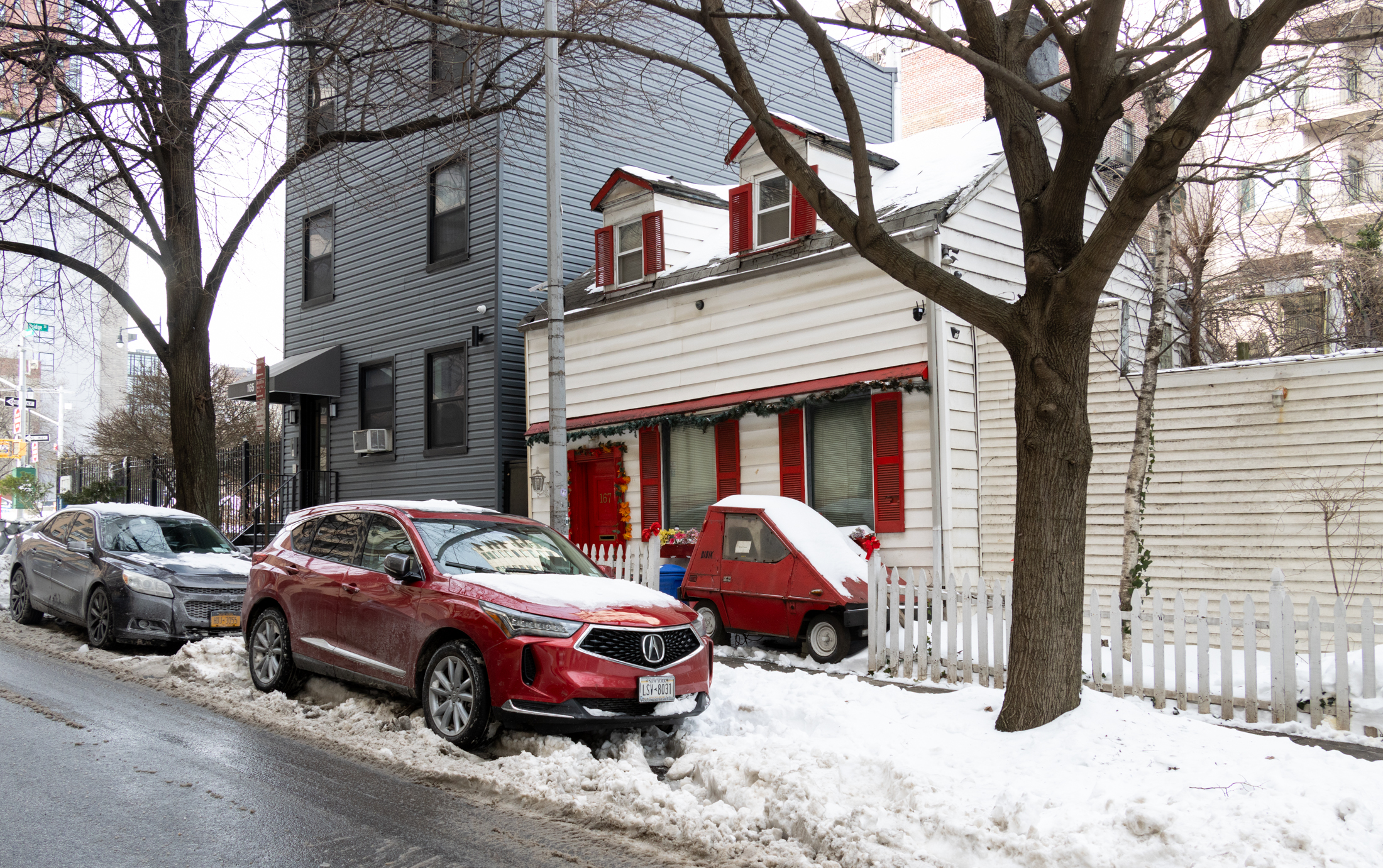And the Discussion on the Future of Suburbia Continues
On the Times’ Freakonomics blog, leading urban theorists are debating what we’ve been talking about around here lately: the future of suburbia. The “smart people” they gathered to pontificate include James Kunstler, Thomas Antus, Jan Brueckner, Gary Gates, John Archer, Alan Berube and Lawrence Levy, who offered these predictions: The suburbs have three destinies, none…


On the Times’ Freakonomics blog, leading urban theorists are debating what we’ve been talking about around here lately: the future of suburbia. The “smart people” they gathered to pontificate include James Kunstler, Thomas Antus, Jan Brueckner, Gary Gates, John Archer, Alan Berube and Lawrence Levy, who offered these predictions: The suburbs have three destinies, none of them exclusive: as materials salvage, as slums, and as ruins. Or: If [gentrification] continues in a significant way, large numbers of suburban households looking for urban stimulation may end up switching places with minority central-city dwellers, stirring the ethnic pot in both places. Or, this vision: Suburbia will be flexible, it will be smarter, and it will be hybrid. So which is it?
What Is the Future of Suburbia? [Freakonomics Blog]
Suburbia. Photo by Stacy Magallon.





I used to live in westchester, white plains to be exact and have now lived in the park slope area for a few years. as to which one is better, there is no comparison. bk lifestyle is more laid back plus tons of amenities. for the younger crowd, westchester is so boring. there is ZERO nightlife up there. in fact, brooklyn is lively compared to westchester. there are like 3 cute restaurants in scarsdale, a few in tarrytown, and thats about it. and by the way, houses arent cheap around there either.
11217 is totally on point with the Q train. its so freaking easy! and that “31 minute” express train from white plains isnt that convenient when you consider driving to the station each morning, parking your car, etc.
“I see no good coming out of a depopulated countryside”
I see one thing…it’s called the environment.
Mt Vernon to Grand Central is about 25 minutes if my memory serves me correctly.
There will always be a significant number of people who prefer life in either the city or the suburbs, and wouldn’t switch for anything. They make up a core population that will keep both places intact no matter what trends or economic turns occur. I think that is good. We are not sheep to be herded into one pasture.
My needs and wants are not the same as my brother’s, who moved with his family to Westchester for a yard, closeness to caregivers and extended family, good schools and the quality of life he and his wife want for their son. This from a couple who enjoyed living in their high rise in Manhattan, close to cultural events, restaurants, etc. They still come into the city whenever they want, and enjoy those things, so they feel they have the best of both worlds.
I see no good coming out of a depopulated countryside, however, as people flock to the cities. That happened before, 100 years ago, rural people, especially Southern black folks, surged up North, to Chicago, Detroit, Ohio, Pennsylvania, NY, etc, in search of factory and other jobs. They contributed to the boom years of industry, as did anyone who came to the cities for a better life, but their grandchildren and great grandchildren, if they were not able to be educated in a different world, for different skills, are now an underclass in those cities.
I think there will be new lower income suburbs, there already are, and unfortunately, they have the potential to be far worse for residents than an urban alternative. The isolation, disconnection from transportation other than cars, to any available jobs, medical attention, etc, will certainly contribute to these places looking more like East LA, ie low-rise ghettos. The problems of the poor can be moved from location to location pretty easily, as they have little recourse, but out of sight will not mean irradicated, by any means.
In the long run, this is so much more complicated that deciding whether or not to trade in one’s Metrocard for an EZPass, and has long lasting repercussions for all of American society.
Claudegueux:
I think you might be living with blinders on a little bit here. I know TONS of people who wanted to stay in New York, but were forced to leave the city for financial reasons. That’s not the same as choosing the suburbs.
Many, MANY people I come into contact with in the suburbs (my entire family for one) wish they could afford to live a nice life in a city. They often talk about how much they hate many aspects of suburban life, even though it’s all they know.
I hear so much from people my age about how there’s no social interaction, how they don’t like having to drive everywhere and how people are more interested in eating a meal the size of their head at Chiles than at someplace more interesting.
You are kidding yourself if you think everyone in the burbs wants to be there. They may have talked themselves into it because they had to. That’s called survival and it’s a good thing.
Having said that, I’m sure there are TONS of people who hate city life and want to be in the burbs. I just don’t personally know a lot of those people, but I certainly know they exist.
The Q stops at 7th and Flatbush.
Yes, I would think that is in the 11217 zip code.
FSRQ;
I think it is safe to say that both the city and the suburbs have their pluses and minuses. Where one lives ultimately comes down to what floats a person’s boat. Certainly if one wants space, and lots of it, the suburbs win hand down.
Having said that, I’m not sure I agree with your argument that 80K makes a person feel and look alot more successful in the suburbs. I know a good number of folks in the suburbs who make that much money (both relations and former colleagues, as I used to work in New Jersey). I went to visit an old buddy of mine who livs in Monmouth County, and he probably pulls in about 70-80K. Practically all he did the whole time we were together was to bitch about how tight things are for him and his family (he has 2 kids).
I found the arguments on the freakonomics blog to border on the absurd. What can be safely said,however, is that the economics increasinly tilt in favor of urban living.
When many members of my family moved to New Jersey, one of the top reasons cited was the lower cost of living. Nobody states that any more. Indeed, an article came out this week that NJ now has the highest local tax burden in the country, and for what? The public schools are still good, but the roads are in terrible condition and the public transporation system is minimal in many communities. Couple this with high energy costs to heat those big homes, and the absolute need for a second car, and you get folks like my buddy bitching about his life.
Does the Q go to the 11217 zip area?
fsrq, i can think of dozens of reasons why not to live in the big city. as soon as these stupid student loans are paid off i’ll be getting out. i was being sarcastic because listening to a bunch of new yorkers talk with disdain about the suburbs just reminds me of why the democrats can’t win a fucking election.